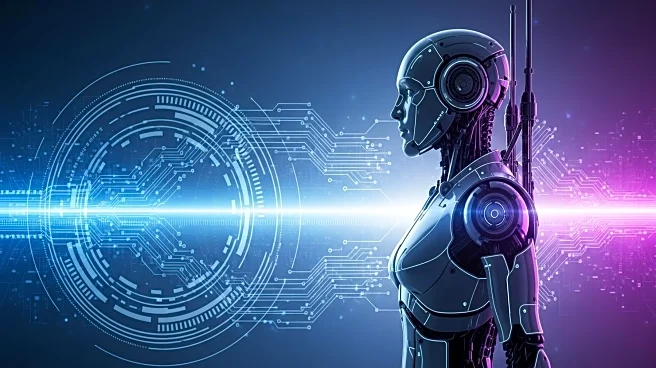What's Happening?
OpenAI's newly released Sora 2, an AI-powered video and audio production tool, has sparked controversy by incorporating numerous Nintendo characters, including Mario and Pikachu, into its content. This has raised concerns about potential legal action from Nintendo, known for its strict protection of intellectual property. The tool allows users to create videos based on prompts, leading to the creation of AI parodies featuring Nintendo characters. While OpenAI has reached out to major copyright holders, it is unclear if Nintendo was approached, despite the extensive use of its IP in Sora 2.
Why It's Important?
The situation underscores the ongoing tension between AI technology and intellectual property rights. Nintendo's potential legal action against OpenAI could set a precedent for how AI-generated content is regulated and protected. This is particularly significant as more companies explore AI's role in creative industries. The outcome could influence how AI tools are developed and used, impacting both creators and consumers. Additionally, it highlights the need for clear guidelines on AI's use of copyrighted material.
What's Next?
Nintendo is likely to respond to the use of its IP in Sora 2, given its history of litigation against unauthorized use of its characters. The company may pursue legal action to protect its intellectual property, which could lead to changes in how AI companies approach content creation. The broader industry may see increased scrutiny and regulation of AI tools, affecting how they are integrated into creative processes.
Beyond the Headlines
The ethical considerations of AI's use in content creation are significant, as it challenges traditional notions of creativity and ownership. The case could prompt discussions on the balance between innovation and intellectual property rights, influencing future legal frameworks. The cultural impact of AI-generated content also raises questions about authenticity and the role of human creativity in digital media.










